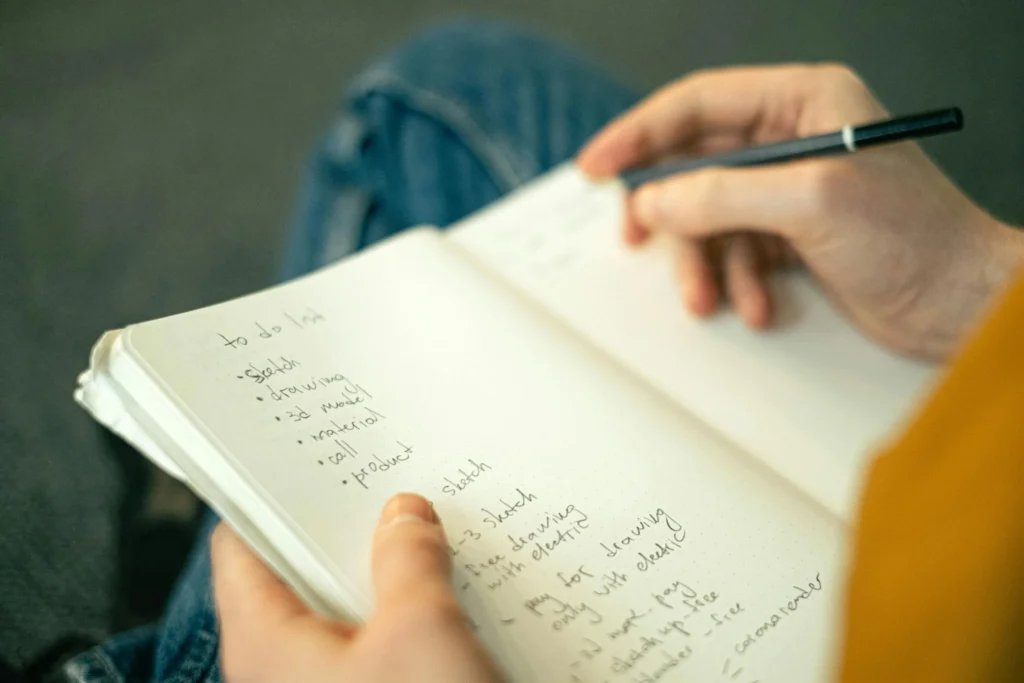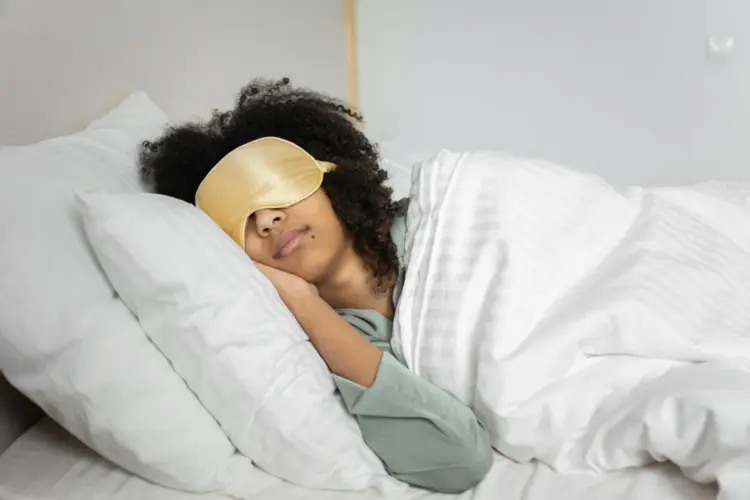Some nights, you jump into bed and are asleep even before you take off your socks. Other nights, you turn into a night owl, pulling an all-nighter until just before your alarm.
Both nights you eventually fall asleep, but only one leaves you refreshed the next morning. How you wake up matters just as much as how you fall asleep.
“A bedtime routine gets you the best sleep possible, reduces your anxiety levels, and preps you for the next day,” advises Dr Mike Varshavski.
Different doctors recommend different routines. But they all come down to these six things.
1. Establish a Consistent Bedtime
“As part of a natural sleep-wake cycle, your body begins to wind down a few hours before bedtime,” says Dr. David Rosen, a sleep medicine physician.
When you go to bed and wake up at the same time every day, your body’s internal clock (circadian rhythm) naturally starts to anticipate sleep, making it easier to fall asleep.
As part of the process, it drops your temperature, releases melatonin (the sleep hormone) and gradually slows brain activity.
The first step to a perfect bedtime routine is to choose what time you want to go to bed every day– ideally early enough to get you going on time the next day.
Early to bed and early to rise, makes a man healthy, wealthy and wise.
2. Set Up Your Bedroom
The goal is to make your bedroom as cool, dark and quiet as possible.
“I focus on three things here, temperature, humidity and light levels.” Dr. Mike advises setting these beforehand, preferably two to three hours. “So, by the time you get to bed, you are not rolling around trying to sleep. This will peak your anxiety, and anxiety is the enemy of good sleep.”
Set the temperature to ideally 65℉ (18℃). Since your body naturally lowers its core temperature while you sleep, you may as well assist in the process by lowering your environment’s temperature.
Sleeping in a warm room makes you sweat, which isn’t the best sleeping condition. Same with the humidifier. Dry air irritates the nasal passageways.
The final piece of the puzzle is to get rid of all external sources of light by dimming the lights and blocking the shades.
3. Bathroom
Out of the bedroom into the bathroom. An alternative (or addition) to lowering your bedroom’s temperature is to take a warm bath.
Scientists discovered that a warm bath mimics your body’s nighttime temperature drop. Consider having a warm shower at least an hour before bedtime. As your body cools, it creates a relaxing sensation.
Gents, this is also the perfect time to get rid of facial hair.
4. Set the Mood Right
We are almost there.
The next step is to wind down and enhance the relaxing ambience. This varies from person to person. The key is to engage in an activity that will reduce your anxiety and help your mind and body transition smoothly into rest.
For some, a brisk walk in the evening can help clear the mind. Others might prefer a warm cup of herbal tea (caffeine-free). While a few turn to gentle yoga or stretching to promote calmness.
Like the morning playlist that pumps you up before work, you can also have one for bedtime.
5. Tomorrow’s To-Do List

During this time, create a to-do list for the next day. Because the last thing you want is to get into bed and start thinking about everything you need to do the following day. That will keep you up. Get it down on paper and out of your mind.
Dr. Mike insists on jotting down three good things that happened to you that day. It could be as huge as meeting someone special or as little as opening the door for a stranger at the store. He says this helps decrease anxiety and depressive symptoms for up to six months.
6. The Don’ts
You should avoid three things before bed, according to Dr. Mike, and that we also vouch for.
One, get the phone away from you before bed. Sure, you can quickly scan for emails and work messages. But that’s it. Don’t go to social media to check what’s happening. That will create FOMO and peak your anxiety levels.
Second, avoid heavy conversations that will wear you out and lower your power. If you can, save the deep convos for the next day.
Third, no news in bed. It will give you a lot of anxiety that will make it impossible to sleep.
Good Night!
While it takes 21 days to solidify a habit, the impact of a positive bedtime routine can be instant.
A good sleep routine is more than getting the right hours. It’s also about creating a routine and environment that promotes it.
Hopefully, you will wake up feeling refreshed and ready to take on the day.
Good night!









